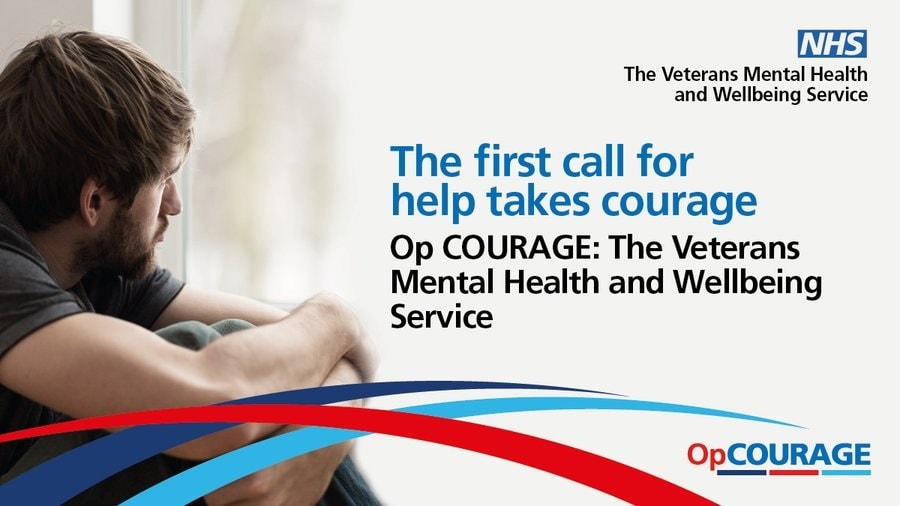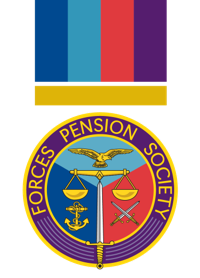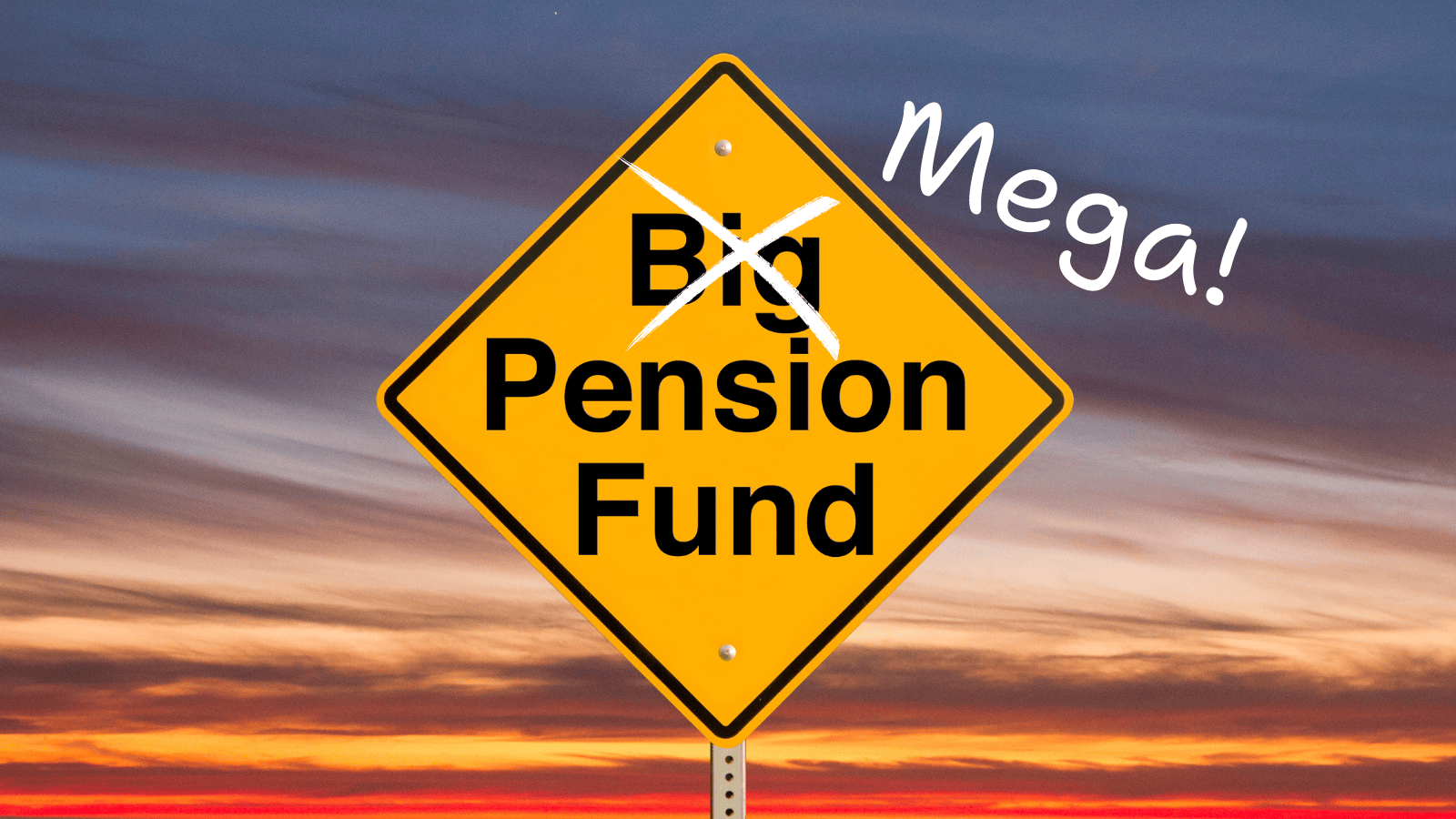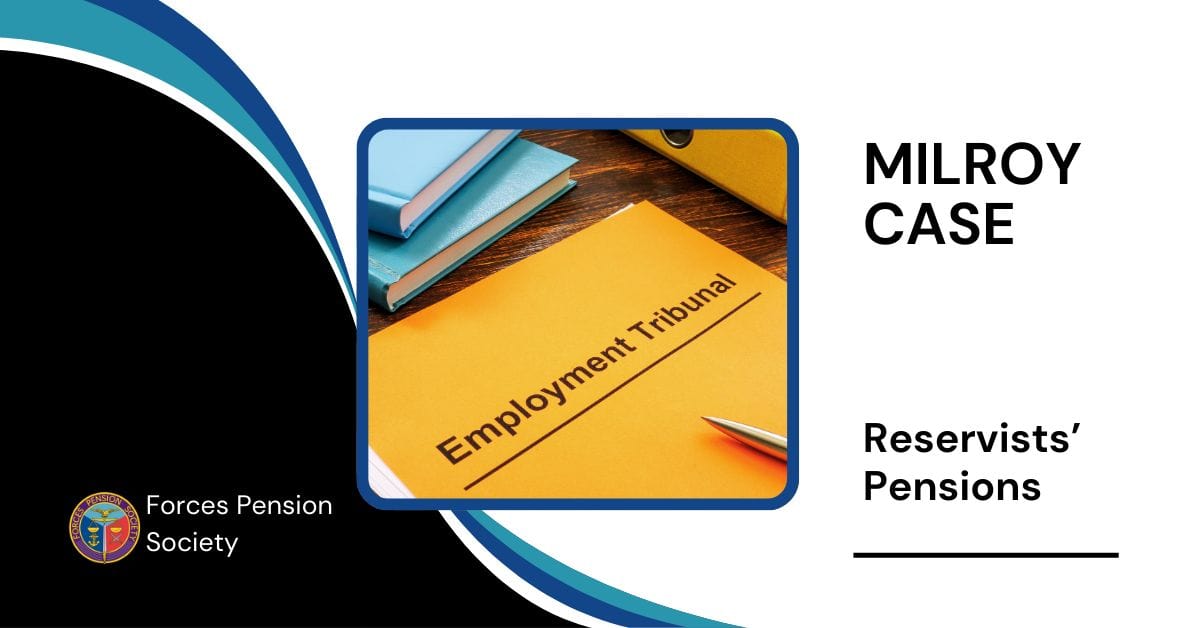
Armed forces veterans suffering a mental health crisis will receive specialist care as part of a new Op Courage service launched by NHS chief executive Sir Simon Stevens.
On Thursday 4 March 2021, Sir Simon Stevens, Chief Executive of NHS England and NHS Improvement, Johnny Mercer, Minister for Defence People and Veterans and Kate Davies CBE, Director of Health and Justice, Armed Forces and Sexual Assault Services Commissioning officially launched the new NHS Veterans’ Mental Health High Intensity Service (HIS), at the Veterans’ Mental Health Conference organised by Kings College London Centre for Military Health Research.
From October 2020, the HIS started to mobilise across England, providing a much needed service for veterans who are struggling with their mental health, are in a mental health crisis and / or need urgent and emergency care and treatment.
Over the last three years, NHS England and NHS Improvement has launched the Veterans’ Mental Health Transition, Intervention and Liaison Service (TILS), the Veterans’ Mental Health Complex Treatment Service (CTS) and more recently the Veterans’ Mental Health High Intensity Service (HIS). Together these form a complete mental health care pathway.
Informed by feedback from veterans and their families, all NHS specialist veterans mental health services will now come under one new name: Op COURAGE: The Veterans Mental Health and Wellbeing Service.

Op Courage is part of a nine-point NHS plan to support the Armed Forces. The new name makes NHS veterans mental health services easier to find and access; a name that inspires hope and bravery and is inclusive and relevant to both the NHS and military life. The change provides a simplified name with a clear ‘front door’ to care and support.
Case study
Former Royal Marine Anthony Muckell was one veteran able to get his life back on track following an intervention from the High Intensity Service.
He said: “At my lowest point I attempted suicide twice, spent time in a psychiatric hospital and then prison: this led to me losing my job and homelessness.
“I was unable to explain what was wrong with me which meant that I didn’t get the help I needed, which meant giving up on life.
“Any veterans, or families of veterans, that need help should make the NHS Veterans’ Service their first point of call. The people that work there really do understand our needs and the help we need. If you know a veteran in need then please help them make contact with their local NHS Veterans’ Service.”
For more information, visit the NHS website.




